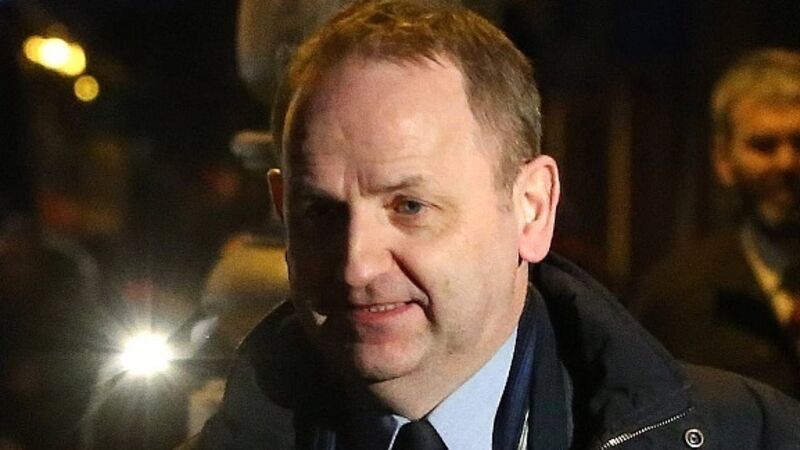Code tells gardaí to ‘oppose’ colleagues’ illegal conduct

The draft code commits members to “never ignore” such behaviour, regardless of the rank of the person concerned, and to “support” colleagues who are victimised for speaking out.
The document, published yesterday by the Policing Authority for public consultation, states that breach of the code will “often” be simultaneously a breach of discipline and subject to sanction.










